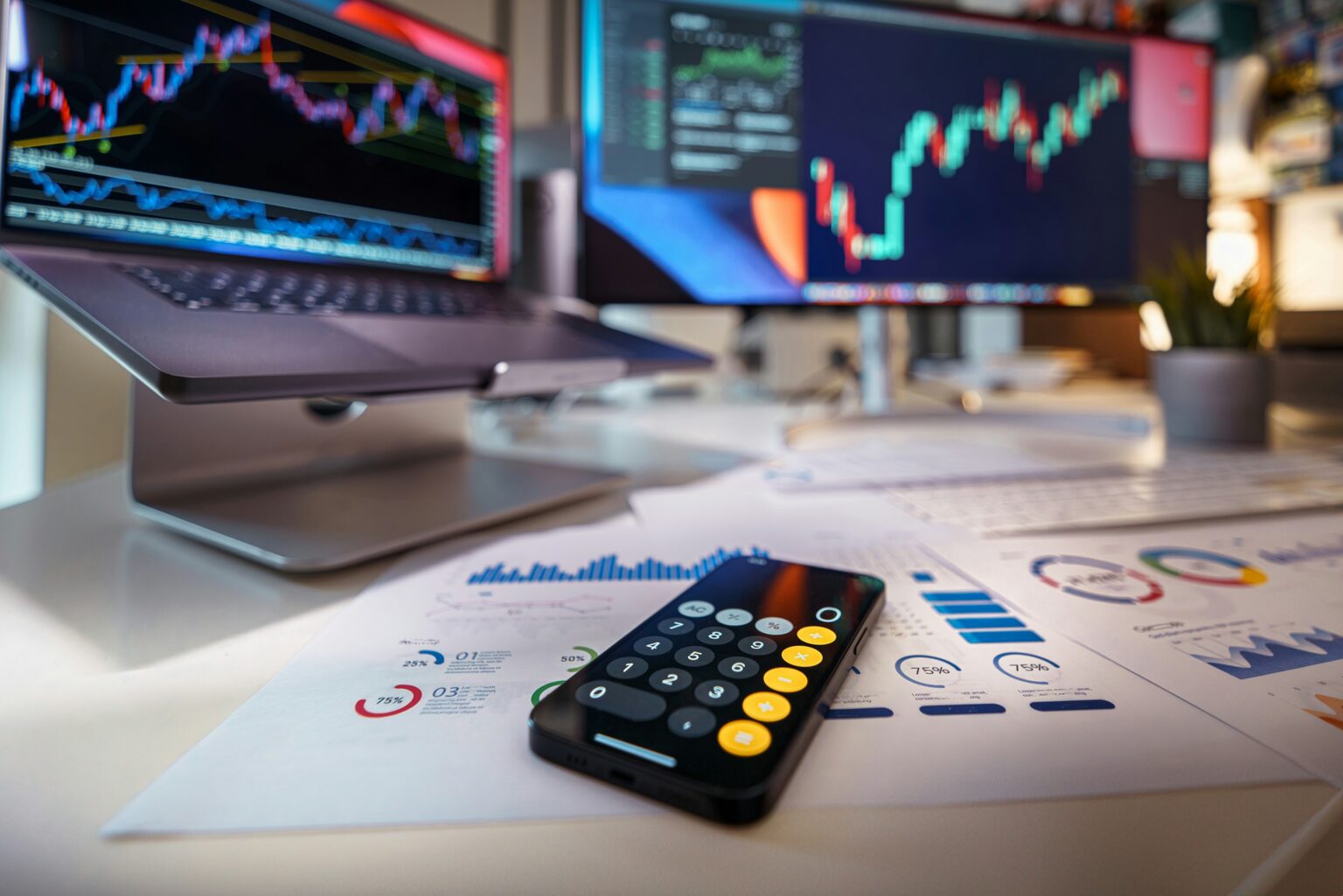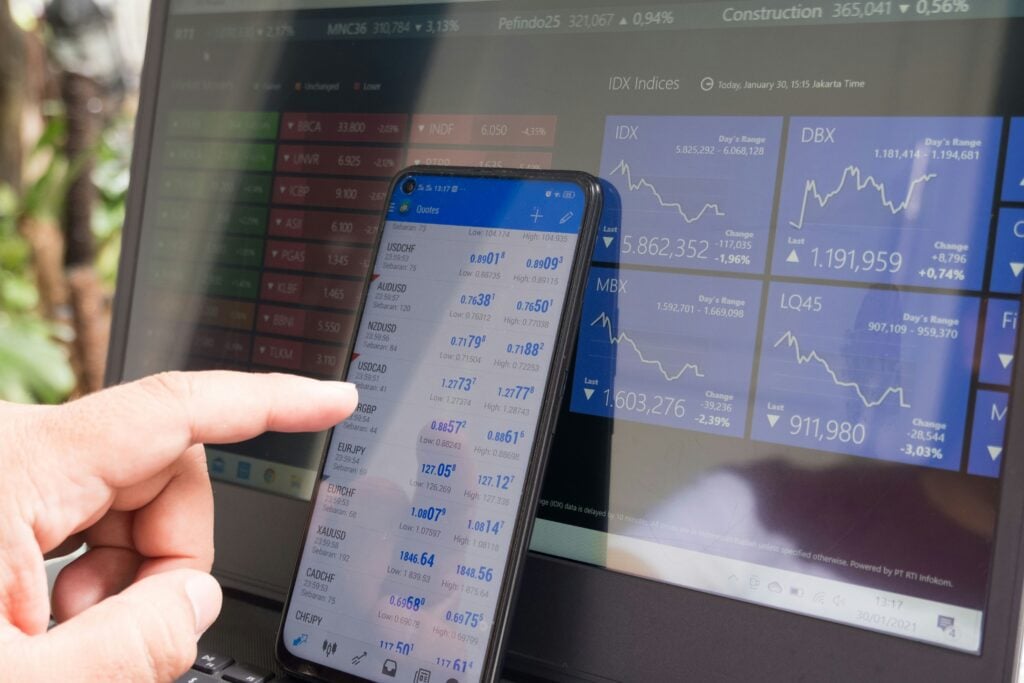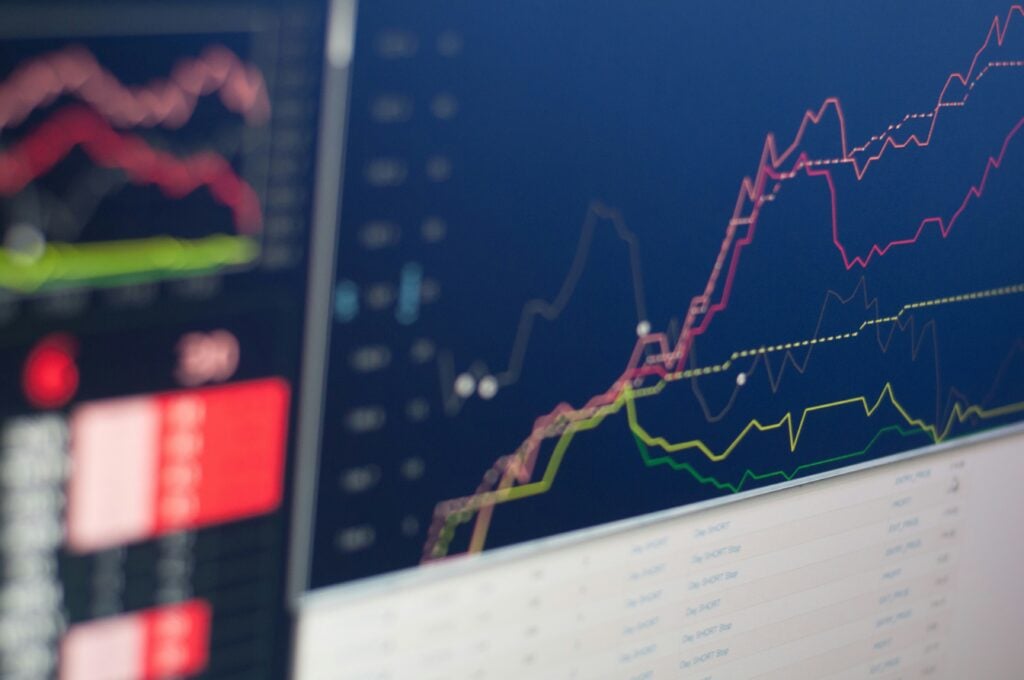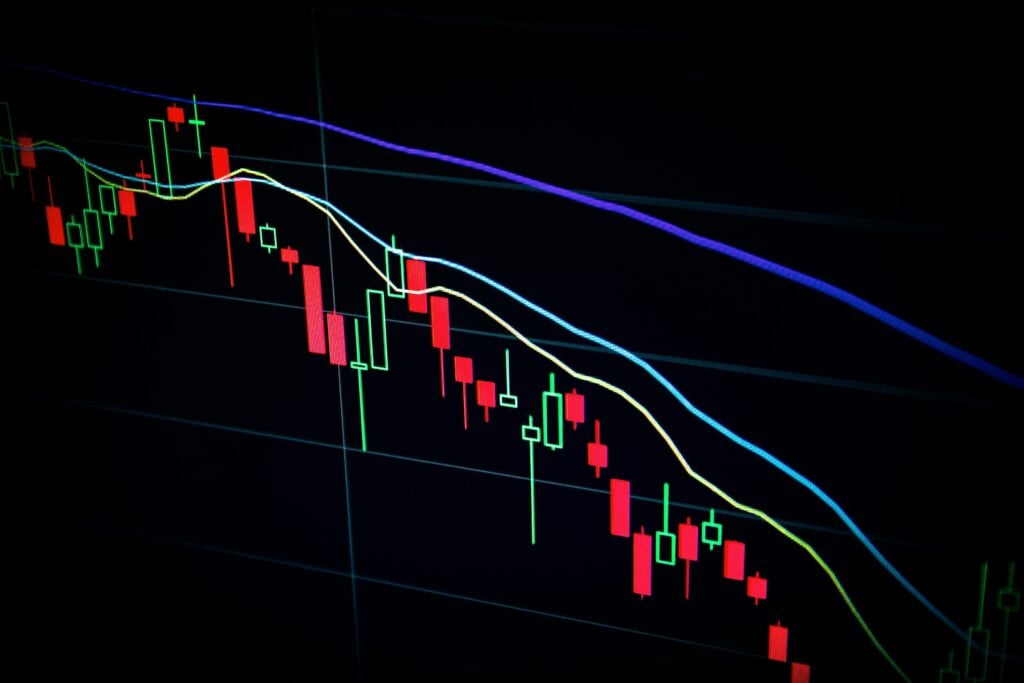If you are exploring ways to grow as a trader through a proprietary trading firm, you have probably come across two major markets: Futures and Forex. Both are popular choices for funded trading accounts, and each comes with unique advantages, risks, and strategies. Understanding how they compare can help you decide which market aligns better with your goals, lifestyle, and trading style.
In this guide, we will break down the differences between Futures and Forex, explore how they work in a prop trading context, and highlight key considerations to help you make an informed choice.

Comparing Futures vs Forex for Prop Trading
1. Capital requirements and scalability
Futures contracts typically involve larger notional values due to fixed contract sizes. Even the popular E-mini Futures can require margin deposits that exceed what many beginners are comfortable risking. Forex offers much more granular position sizing, which makes it easier to start small and scale up responsibly.
In a prop trading context, Forex often allows firms to fund more traders with varied experience levels. It also means traders can manage risk with greater precision.
2. Trading hours and flexibility
Futures markets generally have defined trading hours with pauses for settlement. Forex is open twenty-four hours a day during the week. This means you can fit trading around your personal schedule, whether you live in London, Dubai, or New York.
This flexibility is often one of the main reasons prop firms lean towards offering Forex funding.
3. Volatility and opportunities
Both markets provide excellent volatility, but it comes in different forms. Futures tied to indices can have strong moves during specific sessions, while Forex pairs might trend steadily across longer periods. Forex also benefits from macroeconomic events like interest rate decisions, which can create clear directional moves.
Traders often find Forex slightly easier to analyze technically, especially when focusing on major currency pairs.
4. Regulation and transparency
Futures trading takes place on centralized exchanges, which means all participants see the same prices and volume data. This can be helpful for certain styles of analysis. Forex, being decentralized, relies on liquidity from banks and institutions, with each broker aggregating quotes. Reliable brokers still provide tight pricing and depth, but transparency is inherently different.
For prop traders, this is rarely a major issue because reputable prop firms partner with top tier liquidity providers to ensure fair execution.
5. Costs and fees
Futures traders usually pay a commission per contract and deal with exchange fees. Forex traders generally pay through the spread and sometimes a small commission. For many funded traders, Forex can be more cost efficient, particularly on smaller accounts.

So Which is Better for Prop Trading?
The answer depends on your trading style, capital, and goals.
Futures might be better if you:
-
Have experience with margin requirements and larger contract sizes
-
Prefer trading centralized markets with standard tick values and volume data
-
Are interested in specific assets like commodities or index Futures
Forex might be better if you:
-
Want to start with smaller trade sizes and scale up gradually
-
Need flexibility to trade at any hour of the day
-
Prefer lower barriers to entry and the ability to adjust position sizes precisely
-
Focus on currencies and macroeconomic trends
At TradingFunds, our programs are designed around Forex and CFDs on Forex, indices, and commodities, which combine some of the best features of both worlds. Traders can start with accounts as small as five thousand dollars and grow them up to six hundred thousand dollars, all while keeping up to ninety percent of profits. This approach makes Forex particularly accessible for traders seeking to build consistency and scale without excessive initial risk.

Why Trade CFDs with TradingFunds?
TradingFunds is designed for traders who want more than just another demo account. Here is why thousands of traders have joined since we started in 2022:
Get Funded Faster: Many firms require you to reach 8% or even 10% before you qualify. At TradingFunds, it is only 6%, so you can get funded quicker.
Earn Up to 90% of Your Profits: Once you are funded, you keep most of what you make—up to 90%.
Scale to $600,000: As you hit your targets, TradingFunds increases your funding, letting you manage more capital and potentially earn more.
No Annoying Restrictions: Trade the news, hold over the weekend, use EAs or your own strategies—there are no stop-loss requirements here.
Fast Payouts: Get paid every two weeks, starting from just $100, with most payouts processed in about 8 hours.
Refunded Fees: Earn your second payout and your signup fee is returned, making your evaluation effectively free.
No Personal Liability: If you have a losing streak, you do not pay back the losses. It is TradingFunds’ capital on the line.
Is CFD Trading Risky?
All trading comes with risk, CFDs are no different. Prices can move quickly, especially with things like commodities and crypto. That is why having a solid risk management plan is so important.
The great part about trading through TradingFunds is that you are never risking your own money. If you hit the maximum drawdown, your funded account simply stops, and you can try again. You keep your personal savings safe.

Final Thoughts
Whether you choose to explore Futures or Forex for your prop trading journey, education and risk management should come first. Each market offers unique opportunities, but also distinct challenges. Spend time understanding how margin, leverage, and contract sizes work. Backtest your strategies and ensure you have a clear plan before trading with real capital.
If you want to learn more about how Forex funding works or explore our evaluation options, visit our program page or reach out to our team. We are always here to help traders like you take the next step.
